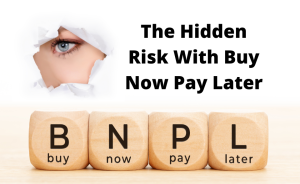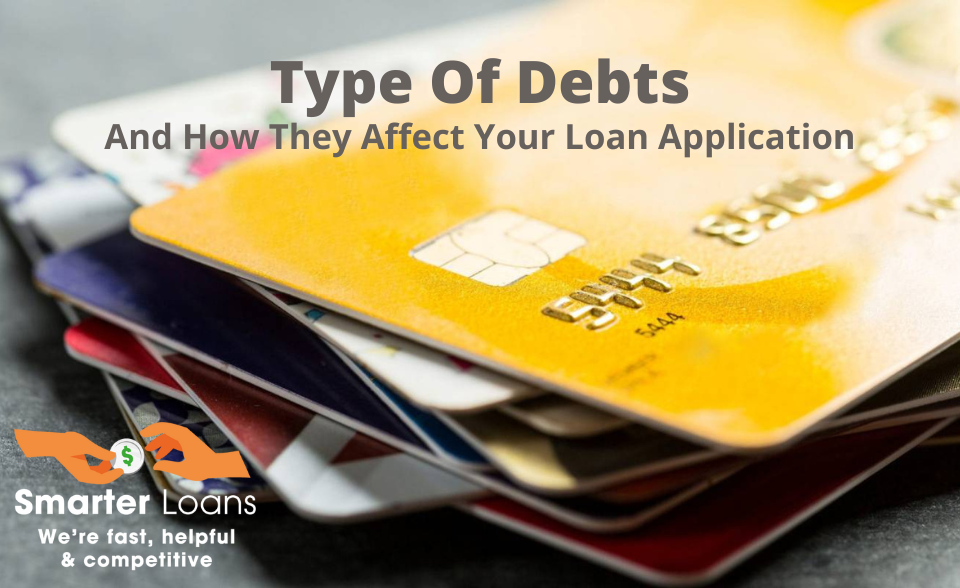They say first home buyers should consolidate debts before they try and get a home loan.
Mortgage advisers know this, and that’s why many people are now turning to Smarter Loans to get their smarter debt consolidation loans.
When people start getting ready to buy their first home, they are often told that they need to focus on paying off any debts first. It may seem to make sense, but that’s not always the best thing to do.
It’s easy to say that you should have no debt when you are going to apply for a home loan, but we need to be realistic.
Many people and particularly first home buyers have some debt.
so instead of living in fantasy land we need to make the best of the current situation and review what debts there are. This means looking at refinancing (consolidating) those debts to ensure that there is less impact on any home loan application that you want to make.
The aim of debt consolidation loans for first home buyers is to minimise the repayments, but the smarter loans retain the ability to pay off the loans faster and without penalty.
If you can get a lower interest rate on your debt consolidation loan then that’s a bonus too!
Personal Loans Can Be Expensive!
It’s easy to get credit these days but it can get quite expensive even when it may have started off as an interest free offer. These finance companies and even the banks will spend a lot on advertising to encourage you to buy on credit when we all know that it’s not really such a good idea.
Some of the common forms of credit are expensive, and with high interest rates it is difficult to pay those debts off.
Consider some of these bank Credit Cards:
| ANZ | 12.90% – 19.95% |
| ASB | 13.50% – 22.95% |
| BNZ | 13.45% – 22.95% |
| Co-Operative Bank | 12.95% |
| Kiwibank | 9.95% – 22.95% |
| SBS Bank | 18.50% – 21.50% |
| TSB Bank | 18.50% |
| Westpac | 16.95% – 22.95% |
Consider some of these popular Store Cards:
Store cards have been popular and once were a way for stores to offer specials, but now they are very commercial and more of a finance product than any kind of loyalty based programme. They act very much like a credit card but are often a lot more expensive after you have used the initial interest free period.
| Farmers Card | 23.95% |
| GEM Visa | 25.99% |
| Q- Card | 25.99% |
| Warehouse Card | 19.95% – 22.95% |
Then there are personal loans from the banks:
| ANZ | 12.90% |
| ASB | 12.90 |
| BNZ | 12.65% – 17.85% |
| Co-Operative Bank | 6.99% – 19.99% |
| Kiwibank | 9.95% – 18.95% |
| SBS Bank | 13.85% |
| TSB Bank | 12.95% |
| Westpac | 13.90% |
Some types of credit are expensive, but we have seen a lot of finance agreements that are a lot more expensive than these too. Some of the even well known finance companies are lending out for 25.00% to over 35.00% and that really makes it a struggle to pay off the debt.
It shouldn’t be a surprise when you see the banks announcing record profits even in times when people are struggling!
How Different Debts Can Affect Your Application
Most people do not realise the impact that debts have when they apply for a home loan.
When the banks (and other lenders) look at a home loan application they are very focused on affordability. They calculate your ability to have a mortgage on your income less any living expenses and existing financial expenses and this gives the “surplus” that you have to pay the mortgage repayments with.
It’s important to understand how the banks calculate the financial commitment of the various types of debts:
- Credit Cards – the banks calculate the monthly financial commitment at 3.8% of the limit not what is actually owing. In the case where you may have limits that total $10,000 then that would mean the financial impact is a deemed monthly expense of $380 regardless if you owe just $6,000.
- Store Cards – they are treated the same as credit cards so the banks calculate the monthly financial commitment at 3.8% of the limit not what is actually owing. In the same case where you may have limits that total $10,000 then that would mean the financial impact is a deemed monthly expense of $380 regardless again if you owe just $6,000.
- Buy Now Pay Later – the banks calculate the monthly financial commitment at 5.0% of the limit not what is actually owing. Using the same case where you may have limits that total $10,000 then that would mean the financial impact is a deemed monthly expense of $500 regardless if you owe just $6,000. WARNING: In many cases with Buy Now Pay Later you may have used a facility once and after it’s been paid off you have forgotten about it; however it may still exist with a limit and the banks will see these when they do a credit check and include them into the calculations.
- Personal Loans – the banks will use the actual amount of the repayment which of course is more accurate. Using the same case where you may have limits that total $10,000 then if the $6,000 owing was a personal loan then even at a typical bank interest rate of 12.90% (over 5-years) that would mean the monthly expense is $136 and you may still have a credit with a limit of $4,000 and nothing owed then at 3.8% that is $152 meaning a total monthly expense used of $288 which is considerably less than the other options.

For more about the Buy Now Pay Later you can read this article on the Hidden Risks With Buy Now Pay Later and learn more about the problems with these loans.
As you can see the personal loans are the most favorable for a first home buyer.
It’s a smart decision to consolidate your debts into a single personal loan and reduce the repayments if you are planning to buy your first home, but even if you have no plans to buy your first home. In many cases we can get lower interest rates than the 12.90% mentioned and that makes it an even smarter choice.
When you apply for a debt consolidation loan it’s worth including all of your debts to ensure that things are as tidy as possible, and also making sure that you can increase the repayments to pay more and therefore pay the loan off faster. It’s a good way to save money and improve your credit score.
Arrange A Debt Consolidation Before You Apply For A Home Loan
If you have debts then the best time to review those debts is now!
What are you waiting for?
There is really no reason to wait, and it’s therefore suggested that you apply today.
See exactly what can be offered, and once you know you can decide if it is a good option for you – if you should consolidate the debts before you apply for a home loan.
This is why we say first home buyers should consolidate debts now.





